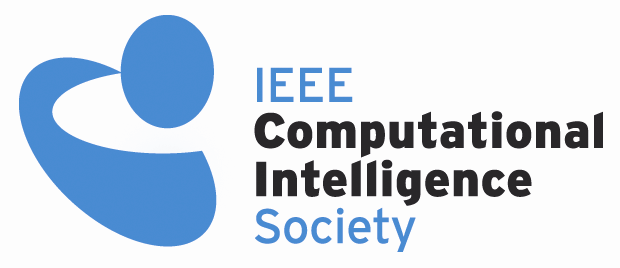- Speaker: Azer Bestavros
- Date & Time: October 22, 2010, at 3:00 p.m.
- Location: KAIS 2020, 2332 Main Mall, Vancouver, BC (UBC Kaiser Building)
This talk is part of the IEEE Computer Society’s Distinguished Visitor Program.
Abstract
In many emerging settings where users are empowered to make autonomous resource acquisition decisions, and in which infrastructure providers and users are interested in selfishly maximizing their own utilities, resource management must be viewed through a game-theoretic (as opposed to a global optimization) perspective. In this talk, I will present such a perspective in three distinct settings: overlay network connectivity management, cloud resource colocation, and shared bandwidth arbitration.
For overlay networks, I will present “Selfish Neighbor Selection” (SNS) as a game-theoretic connectivity management framework for folding new arrivals into an existing overlay, and for re-wiring to cope with changing network conditions. I will show that under typical resource constraints, SNS yields efficient Nash-like equilibria. I will present experimental results showing the properties of stable SNS wirings on synthetic and real Internet topologies, as well as results obtained by deploying Egoist – a PlanetLab SNS prototype system.
For cloud computing, I will present “Colocation Games” (CG) as an economically-sound framework upon which emerging cloud architectures could be implemented. CGs enable the modeling and analysis of the dynamics that result when rational, selfish parties interact in an attempt to minimize the individual costs they incur to secure the shared cloud resources necessary to support their application QoS or SLA requirements. In addition to various game-theoretic results, I will overview implementation considerations as well as results from experimental evaluations.
For shared bandwidth arbitration, I will present “Trade and Cap” (TC) as an economics-inspired mechanism that incentivizes users to voluntarily coordinate their consumption of a shared resource so as to converge to what they perceive to be an equitable allocation, while ensuring efficient resource utilization. Under TC, rather than acting as an arbiter, providers act as enforcers of what a community of rational users decides is a fair allocation. In addition to presenting the analytical underpinnings of TC and results from trace-driven simulations, I will briefly discuss implementation considerations for last-mile
bandwidth arbitration.
This work was pursued at Boston University, primarily in collaboration with Nikos Laoutaris (now at Telefonica Research), Jorge Londono, and George Smaragdakis (now at Deutche Telecom).
Speaker’s Biography
Azer Bestavros is a Professor in the Computer Science Department at Boston University, which he joined in 1991 and chaired from 2000 to 2007. He is the Founding Director of the BU Hariri Institute for Computational Science and Engineering, which was set up in 2010 to “create and sustain a community of scholars who believe in the transformative potential of computational perspectives in research and education.”
Azer Bestavros pursues research in the broad areas of networking and real-time embedded systems. His contributions include pioneering the push web content distribution model adopted years later by CDNs, seminal work on Internet and web characterization, and work on formal verification of networks and systems. As of June 2010, funded by over $18M of grants from government agencies and industrial labs, his research work yielded 14 PhD theses, 4 issued patents, 2 startup companies, and hundreds of refereed papers that are cited over 4,700 times.
Azer Bestavros is the chair of the IEEE Computer Society TC on the Internet, served on the program committees and editorial boards of major conferences and journals in networking and real-time systems, and received distinguished service awards from both the ACM and the IEEE. In 2010, he received the United Methodist Scholar Teacher Award in recognition of “outstanding dedication and contributions to the learning arts and to the institution” at Boston University, and the ACM Sigmetrics Inaugural Test of Time Award for his 1996 paper (with M. Crovella) on the self similarity of Internet traffic “whose impact is still felt 10-15 years after its initial publication.”
Azer Bestavros obtained his PhD in Computer Science in 1992 from Harvard University, under Thomas E. Cheatham, one of the “roots” of the academic genealogy of applied computer scientists.



